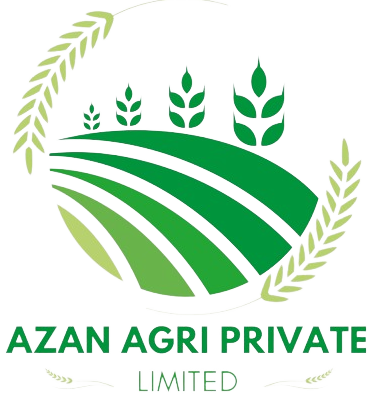In the fertilizer industry, ensuring health safety and environmental responsibility is paramount. The health and well-being of workers involved in fertilizer production, distribution, and application are crucial. Proper exposure control measures, personal protective equipment, and comprehensive training programs are essential for safeguarding their health. Fertilizer companies must prioritize employee safety through ongoing education and the provision of necessary protective gear.
On the environmental front, the fertilizer industry faces the challenge of resource efficiency and emissions reduction. Sustainable practices, such as minimizing resource consumption and adopting environmentally friendly production methods, are central to limiting the industry’s environmental footprint. Companies are subject to strict environmental regulations regarding emissions, waste management, and land use, which they must adhere to diligently. Furthermore, promoting responsible and sustainable farming practices can mitigate the environmental impact of fertilizer usage. Precision agriculture, for instance, reduces the need for excessive fertilizer application and minimizes nutrient runoff into water bodies, thus contributing to a healthier environment.
Safe handling, storage, and emergency response procedures are integral components of maintaining health and safety in the fertilizer industry. Employees must be trained in the correct handling and transport of fertilizers to prevent accidents and spills. Adequate storage facilities are required to ensure product integrity and prevent contamination, fires, or explosions. Preparing for potential emergencies related to fertilizers, such as chemical spills or fires, through well-defined response plans and equipment is crucial for environmental protection and worker safety. By striking a balance between promoting agricultural productivity and safeguarding human health and the environment, the fertilizer industry contributes to responsible and sustainable agricultural practices and fosters a healthier future for all.


Vision Statement
Empowering Agriculture Sustainably
Encapsulates our unwavering commitment to transforming the agricultural landscape. As we pursue this vision, our subheading, ‘Leading the Way in Responsible Fertilizer Solutions,’ serves as our guiding principle.
Learn about soil conservation techniques that prevent erosion, soil degradation, and loss of essential nutrients.
Understand how crop rotation and diversification enhance soil health, reduce pests, and increase yields sustainably.
Learn about soil conservation techniques that prevent erosion, soil degradation, and loss of essential nutrients






Common Questions
Most Popular Questions
We produce a wide range of fertilizers, including nitrogen-based, phosphorus-based, and potassium-based products, as well as specialty blends tailored to specific crop and soil needs.
We recommend soil testing to determine nutrient deficiencies and crop requirements. Our experts can help you choose the most suitable product based on the results.
Yes, we offer fertilizers compliant with both conventional and organic farming standards, providing options for various farming methods.
We adhere to strict quality control measures, rigorous testing, and compliance with industry standards to ensure the safety and quality of our fertilizers.
Our team offers expert guidance on application methods, timing, and dosage to maximize effectiveness and minimize waste.
Yes, we offer environmentally friendly and sustainable fertilizer solutions designed to reduce environmental impact and enhance soil health.
The shelf life varies by product, but we provide clear instructions for proper storage and handling on our product labels.
Our products are generally compatible with common pesticides and herbicides, but we recommend consulting with our experts to ensure compatibility and application safety.
We employ responsible manufacturing practices, use resource-efficient methods, and develop products that reduce the environmental footprint of fertilizers.
Yes, we provide educational resources, expert advice, and training programs to help customers make informed decisions and optimize their fertilizer use for increased crop yields and sustainability.
